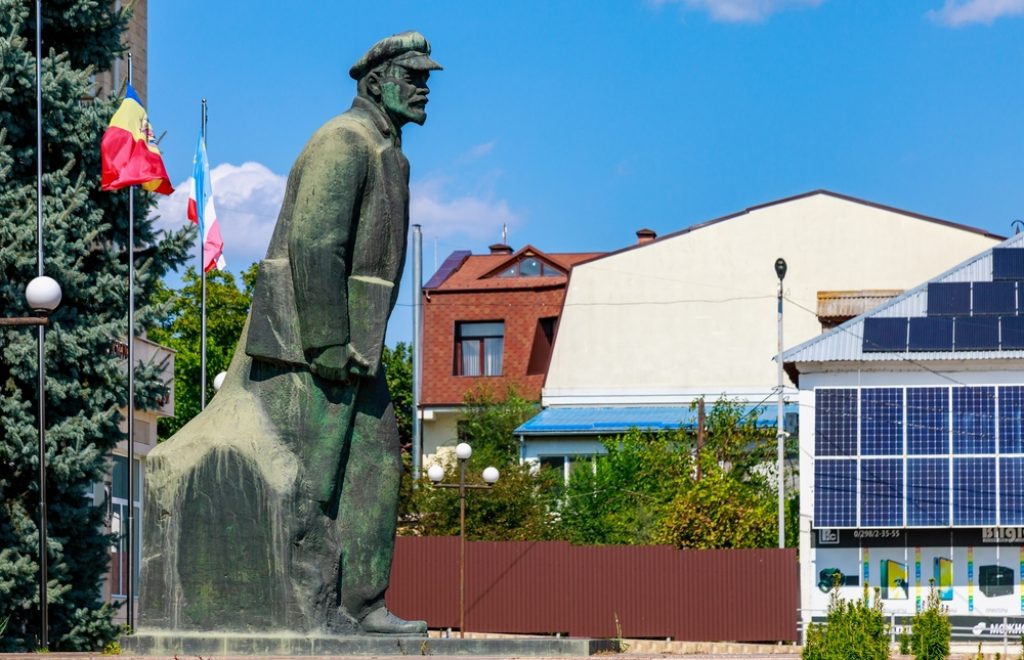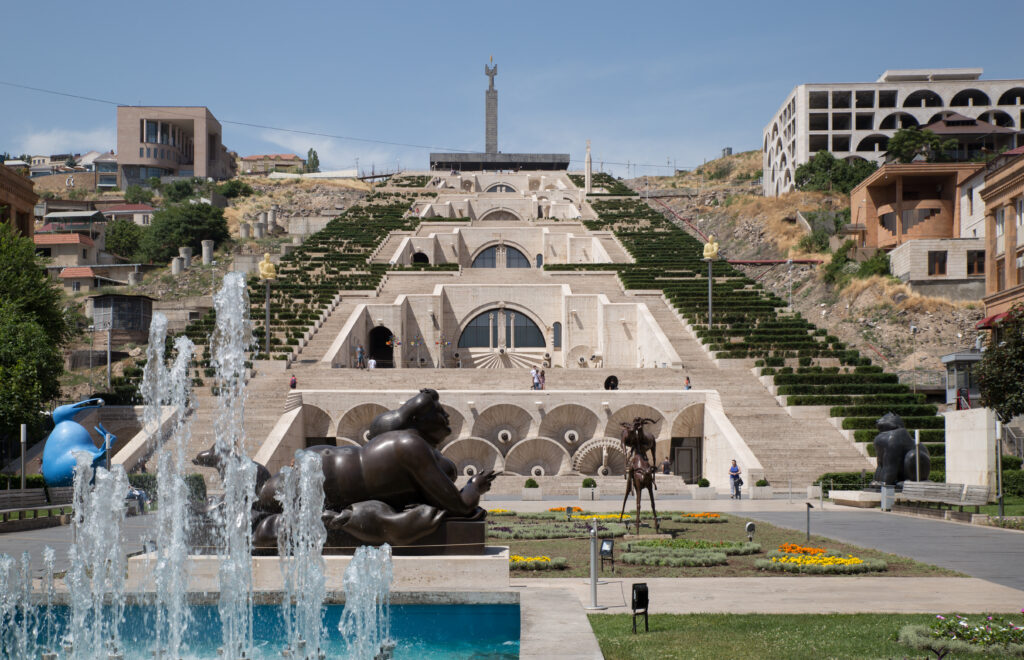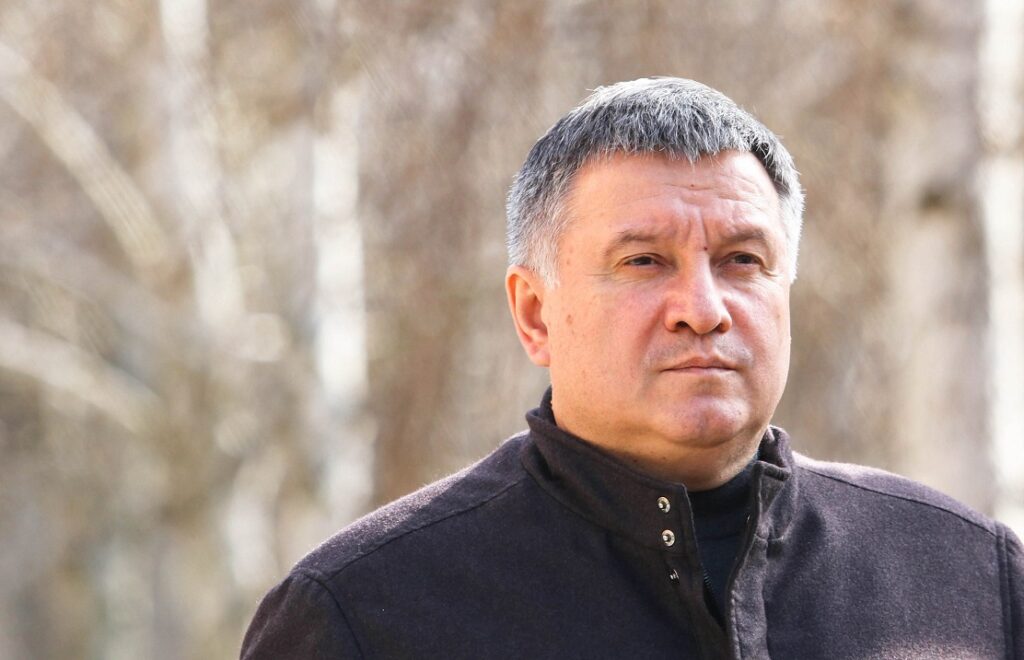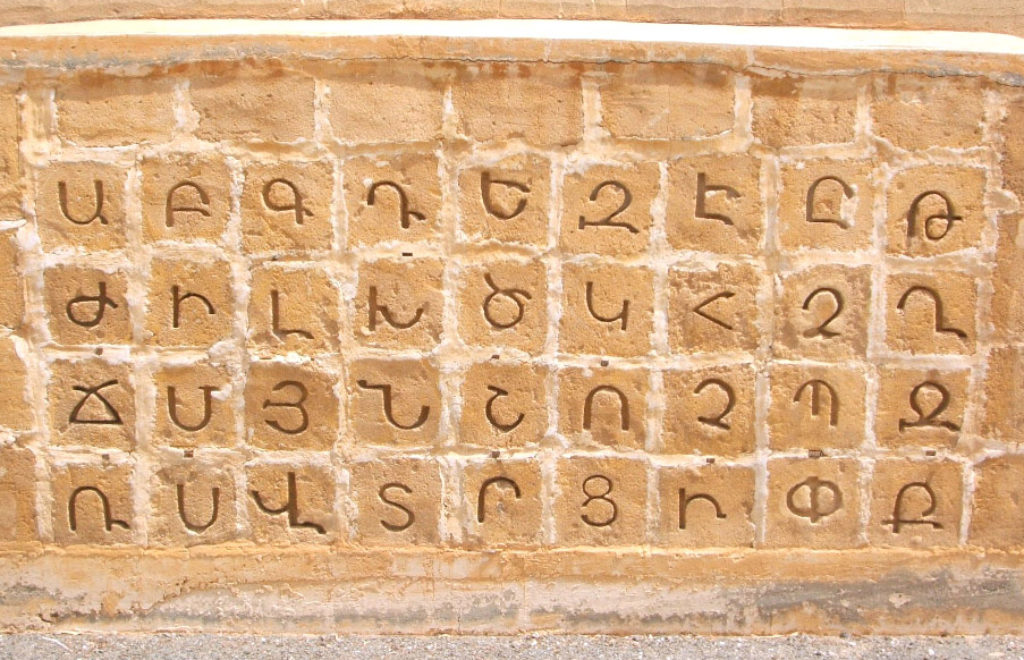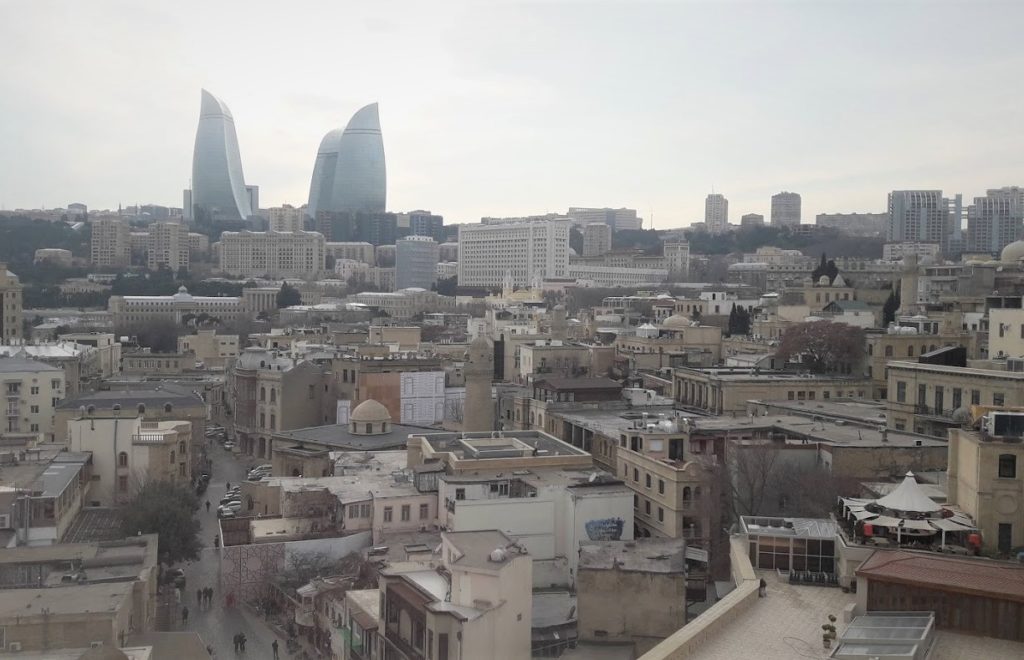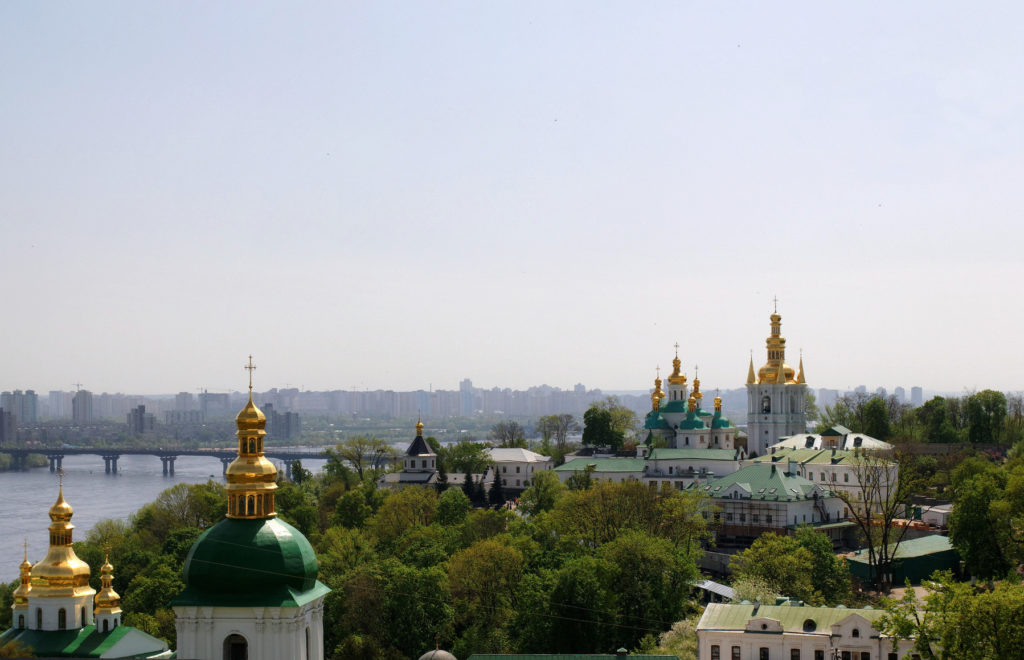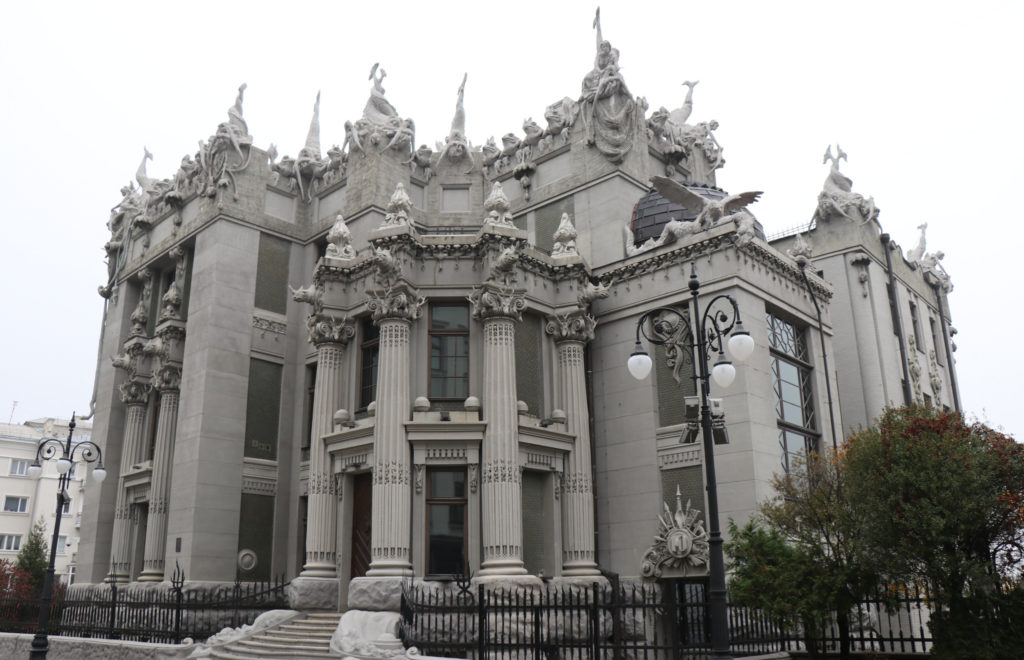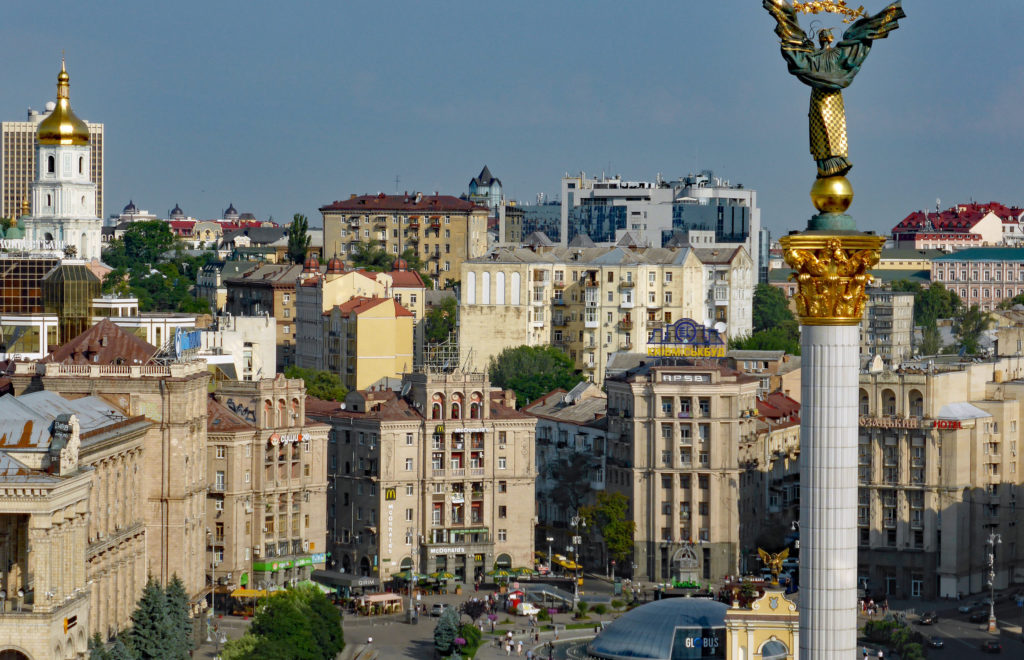Gagauzian youth contemplate their future
Gagauzia, a little-known semi-autonomous region covering 1,848 square kilometres in Moldova's south, comprises a cluster of cities, towns and villages amongst mainly rural and agricultural landscapes. This unique region is predominantly inhabited by an ethnic Turkic group whose origins remain somewhat enigmatic. Presently, facing significantly worse economic conditions than Moldova's capital (Chișinău) and limited opportunities, young Gagauzians find themselves torn between preserving their community and embracing a more European-aligned lifestyle and outlook.
September 11, 2023 - Madeleine Cuckson


